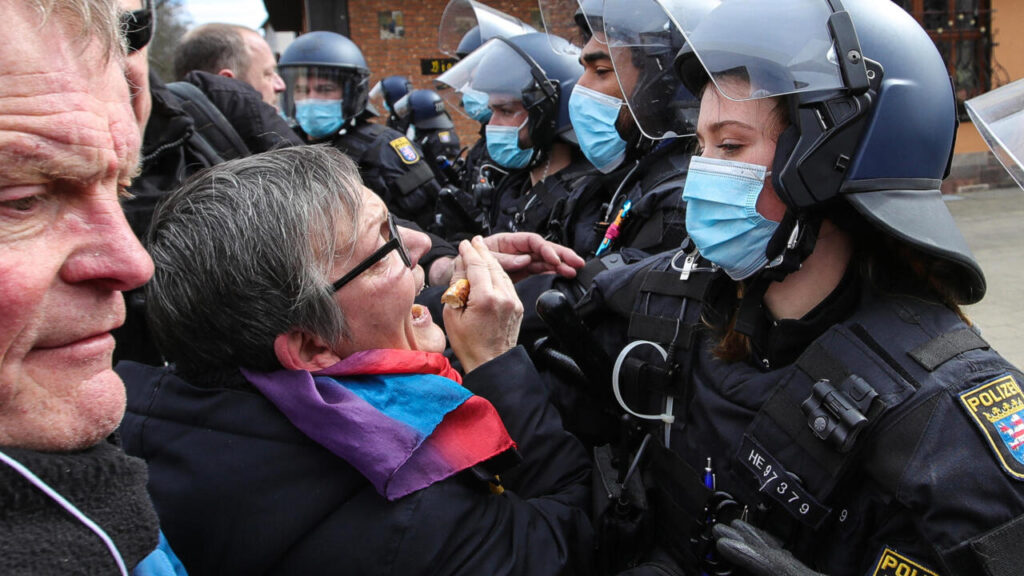Austrian police detained more than 50 protesters on Saturday as clashes erupted between anti-fascist groups and a march by hundreds of right-wing extremists in Vienna. The incident highlights growing political tensions in Austria as the country prepares for September parliamentary elections, where the far-right is expected to make significant gains.

The demonstrations were sparked by a march organized by identitarian and other hard-right activists, with social media posts showing marchers carrying banners calling for “remigration” – a term advocating for the mass return of migrants to their countries of origin. In response, anti-fascist groups and left-leaning political parties called for counter-protests.
Law enforcement deployed hundreds of officers to maintain order and keep the opposing groups separated. According to the Austrian Press Agency, 43 people were temporarily detained for refusing to end a sit-down protest blocking the march route. An additional 10 were detained after masked protesters threw rocks and bottles, resulting in injuries to three officers and damage to a patrol car.

Interior Minister Gehard Karner emphasized that police would prosecute offenses committed during demonstrations, regardless of political affiliation. “Whether they are committed by left- or right-wing extremists or other enemies of democracy,” Karner stated.
The upcoming September 29 elections are expected to confirm a recent pan-European trend toward the political right. The far-right Freedom Party narrowly beat the conservative People’s Party in recent European Parliament elections, raising concerns among left-leaning parties about the potential implications of a government including the Freedom Party.
Eva Blimlinger, a spokesperson for the Greens, warned that such a government could embolden right-wing radicals, stating, “They want nothing other than the end of our pluralistic democratic society.”
As Austria grapples with these political tensions, the clashes in Vienna serve as a stark reminder of the divisive issues at play in the upcoming elections and the challenges facing the country’s democratic institutions.



